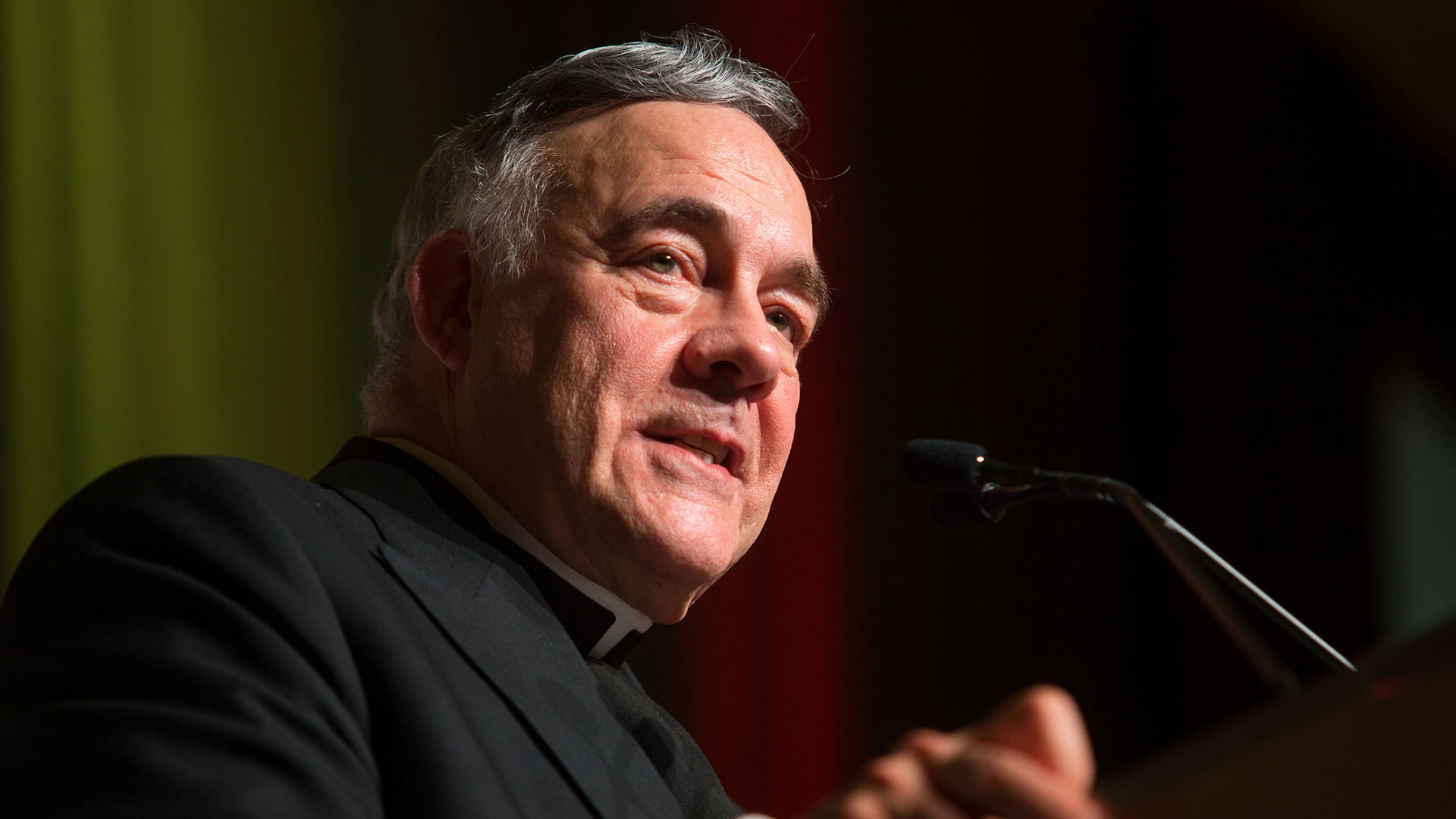The political response to COVID-19 has created an economic downturn unprecedented since the Great Depression. However, the Church’s “anemic response” has deprived the poor of spiritual solace and the Church of its vocation and vitality, said Acton Institute President and Co-founder Rev. Robert Sirico on a nationally syndicated radio interview.
“If we sit back and look at the big message of the Church, it’s, ‘We’re closed. We’ll let you know when we open again.’ And I think that’s very dangerous,” Rev. Sirico said on the June 26 episode of The Catholic Current with Fr. Robert McTeigue, S.J.
Rev. Sirico, who co-founded the Acton Institute in 1990, addressed the role the Church should play during a time of economic devastation – and how shirking this responsibility hurts both the poor and Christians themselves:
The proper role of Christian charity is to be close enough to people in need that you see Jesus Christ. If we bureaucratize this or allow others to take on that role, it’s not just the poor who suffer from it, no matter what material things they may be provided with. They will suffer because of the lack of spiritual depth, but we will suffer because of the lack of encountering the suffering Christ in the poor, Who comes to us in distressing disguises.
“By not having that,” Rev. Sirico said, “we lose our vitality.”
Rev. McTeigue showed keen economic, as well as spiritual, insights while hosting the program, which is nationally syndicated on The Station of the Cross Radio Network. Church officials, he noted, often “outsource the corporal works of mercy, because that’s the best way to get federal and state dollars.”
“Whenever there’s any kind of discomfort or dislocation, we turn to Uncle Sam,” Rev. McTeigue said. Politicians promise government-centered solutions and blame the failure on their political opponents, which is “no way for a civil society to function.”
The contribution of the “stimulus package” to the $26-trillion national debt represents an “intrinsic injustice,” Rev. McTeigue continued, because later generations “are going to have to pay for things that they never asked for or benefited from.” When the full effects of the continuing demographic implosion of the United States and the West in general are felt, “what does that do to your Ponzi scheme?” – except perhaps encourage the euthanasia of the elderly, he suggested.
This interview gives listeners robust and illuminating insights on the economic, civic, and spiritual levels of the global health crisis.
Listeners will be particularly interested in Rev. Sirico’s impromptu response when asked for his “wish list of regulations that no longer serve a good purpose.”
During the 30-minute-long interview, Rev. Sirico also addressed whether the universal basic income is a panacea or a placebo, why “the ‘stimulus’ is going to be the greatest single burden on us economically,” the steps politicians could take to create a “natural stimulus,” the prospect of a V-shaped recovery, the indicators to watch when measuring economic health, and the Church’s spiritual response to the pandemic and its associated lockdowns.
The interview segment begins at approximately 14 minutes into the program.

